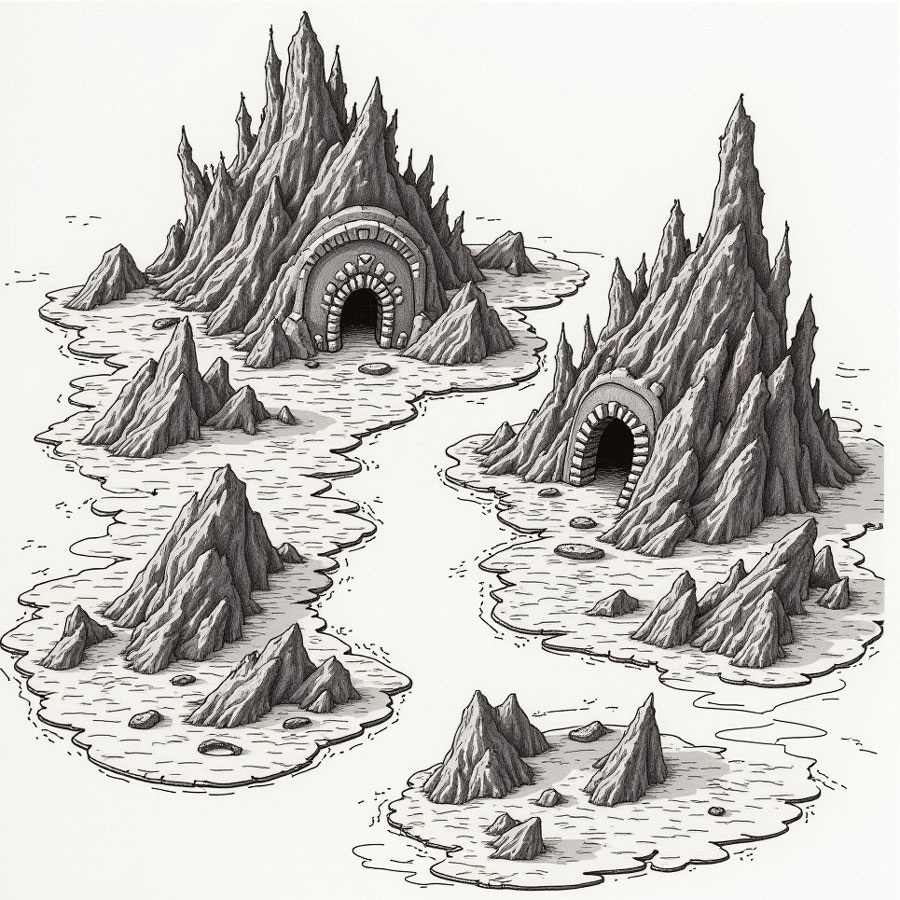In the enchanting realm of fantasy literature, where dragons soar, magic crackles, and heroes rise, lies a cornerstone of storytelling that is as intricate as it is captivating: worldbuilding. As readers, we are transported to far-off lands where the laws of physics are merely suggestions, and the impossible becomes reality. But behind the veil of wonder and awe, there lies a meticulous craft that breathes life into these fantastical worlds, weaving a tapestry of imagination and ingenuity that captivates our minds and hearts.
Worldbuilding, the art of constructing fictional settings that serve as the backdrop for stories, plays a vital role in the success of any fantasy narrative. It is the foundation upon which characters roam, conflicts unfold, and adventures take flight, shaping the very essence of the storytelling experience. From the sprawling landscapes of Tolkien’s Middle-earth to the intricate political intrigues of George R.R. Martin’s Westeros, worldbuilding is the key that unlocks the door to worlds beyond our wildest dreams.
At the heart of worldbuilding lies a delicate balance of creativity, logic, and attention to detail. Authors must meticulously craft every aspect of their fictional worlds, from geography and climate to history, culture, and even language. By grounding their fantastical realms in a sense of realism and coherence, writers create immersive and believable settings that draw readers in and keep them spellbound.
But worldbuilding is not merely about creating maps and histories; it is also a tool for exploring complex themes, reflecting on the human condition, and challenging readers to think beyond the confines of their reality. Through the lens of fantasy worlds, authors can explore social issues, philosophical questions, and moral dilemmas in a way that is both engaging and thought-provoking. By building worlds that are rich in depth and texture, writers have the power to transport readers to realms where anything is possible and where the limits of imagination are boundless.
As we journey through the pages of fantasy literature, we are reminded of the limitless potential of storytelling and the transformative power of imagination. Worldbuilding, with its ability to transport us to new worlds and ignite our sense of wonder, serves as a testament to the enduring magic of literature. So, let us continue to explore the realms of fantasy, where the art of worldbuilding unveils the secrets of the human imagination and invites us to embark on adventures beyond our wildest dreams.

